
Animal Careers List
What if you went to work each day and arrived to find ‘something’ staring at you—a lion, a horse, maybe even a cobra. If the thought of spending time with one of these creatures excites you rather than scares you, then working with animals could be your ideal career.
As an individual employed in any occupation working with animals, you likely had a very difficult choice to make in your career exploration as the options in the animal careers job sector are expansive. Careers with animals are varied and rewarding at the same time. While many individuals may have an instinctive desire to care for animals, others may seek a career option that fulfills a lifelong dream. As well, and likely contrary to popular belief, jobs involving animals aren’t limited to veterinary clinics or zoos.
Careers with Animals include -
- Academic Researcher in Animal Science
- Animal Assisted Therapist
- Animal Behaviorist
- Animal Breeder
- Animal Caretaker
- Animal Conservationist
- Animal Control Worker
- Animal Genetics
- Animal Hydrotherapy
- Animal Non-Profit Organization Administration
- Animal Rescue Organization Staff
- Animal Rights Lawyer/Lobbyist
- Animal Scientist
- Animal Systems
- Animal Trainer
- Aquaculture and Fish Farming
- Avian Zoologist
- Barn/Stable Manager
- Entomology
- Fish and Game Officer
- Government Agency Staff USDA
- Humane Educator
- Humane Law Enforcement Officer
- Livestock Farm Work and Management
- Marine Biologist
- Military Animal Care Specialist
- Research Laboratory Animal Care Technician
- Support Animal Organization Staff
- Veterinarian
- Veterinary Assistant and Animal Laboratory Caretaker
- Veterinary Technologist and Technician
- Veterinary Pharmaceutical Sales Representative
- Wildlife Officer
- Wildlife Shelter and Rehabilitation Staff
- Wildlife Wrangler for Film Industry
- Zoo and Aquarium Staff
- Zoologist and Wildlife Biologist
Animal careers all require pertinent training and demonstration of an authentic passion for animal welfare. The expansive list of career options include many different types of animal, wildlife and conservation subsectors.
An animal-focused occupation is sometimes an early career aspiration of children. And some people never outgrow that desire to make caring for animals their life’s work. Here are some of the many occupations that involve caring for, training, or assisting animals.
Agricultural workers
- These workers raise animals on farms, on ranches, and in other facilities for food production. Animal breedersselect and breed animals that have certain desirable characteristics, such as sheep with better quality wool or chickens that lay more eggs.
- Farm and ranch animal farmworkers feed and care for cows, chickens, and other animals that are raised for food production. Other tasks include maintaining health records and cleaning cages, barns, and other housing.
- Farmers, ranchers, and other agricultural managers oversee facilities that raise animals for food production. They devise ways to keep animals healthy and improve the farm’s output.
Animal care and service workers
- Animal care and service workers provide care for animals in different settings. Nearly all these workers deal directly with animals. For example, groomers and kennel attendants feed, clean, and brush animals. Nonfarm animal caretakers and pet sitters monitor those under their charge; they may have administrative duties, too. Animal trainers teach animals to respond to commands or correct animals’ undesirable behavior, such as barking or biting.
Animal control workers
- Animal control workers investigate reports of animal mistreatment. They rescue animals that have been abused, abandoned, or lost. Animal control workers also help handle dangerous animals and monitor crime scenes in which animals have been involved.
Veterinarians
- Veterinarians care for the health of animals by diagnosing, treating, and researching medical conditions and diseases. They treat and dress animals’ wounds, perform surgery, and test for and vaccinate against diseases. Some veterinarians specialize in the treatment of certain animals; for example, equine veterinarians treat horses exclusively. Others, such as zoo veterinarians, treat animals by location.
Veterinary assistants and laboratory animal caretakers
These workers look after animals in veterinary clinics and laboratories. They clean cages, feed and bathe animals, and monitor and care for animals after surgery or other procedures.
- Veterinary assistants also may provide support for veterinarians during examinations by holding an animal or helping with the collection of blood or urine samples. Laboratory animal caretakers make sure that lab animals, such as mice, are treated humanely.
Animal scientists
- Animal scientists conduct research on domestic farm animals, such as cows or chickens, to develop more efficient ways of producing milk, wool, and other products. They advise farmers on proper animal housing and nutrition, how to control disease, and aspects of animal genetics, such as how to breed animals so that their offspring have no birth defects.
- Veterinary technologists and technicians work under the supervision of a veterinarian, performing tests and helping diagnose animals. Other tasks include recording animals’ medical histories, administering anesthesia, and taking and developing x rays. These workers have jobs in clinics and animal hospitals and usually deal with small animals and pets. Some veterinary technicians and technologists work on other projects, such as biomedical research, food safety, and disaster preparedness.
Zoologists and wildlife biologists
- These workers conduct research on animal characteristics and habitats. The research may involve hands-on work, such as tagging animals for tracking, or working in a lab, such as developing computer models of population dynamics for a particular animal species. Zoologists and wildlife biologists also may monitor endangered species and help develop conservation plans. Most zoologists and wildlife biologists work on teams that include scientists from other specialties—such as hydrologists or geologists—to collect, analyze, and interpret data.
It may be challenging to hone-in on your career choice and decide which pathway to take working with animals. It is a good idea to have a solid point of reference of where and how to start exploring your options. So, before diving into the ins-and-outs of animal careers, it’s important to carefully think about where you want to be and what you want to do. Use the organization links below to explore your interests and preferences, then read on to see which animal occupations might be a match.
For more details about these animal careers, see our careers list A-Z
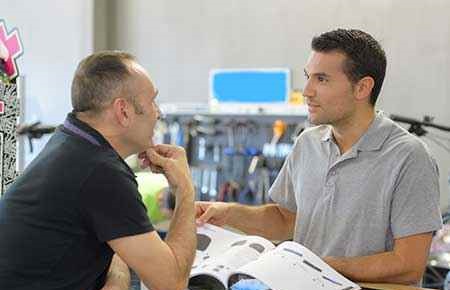 Pet Retail Store
Pet Retail Store
 Livestock Farm Work and Management
Livestock Farm Work and Management
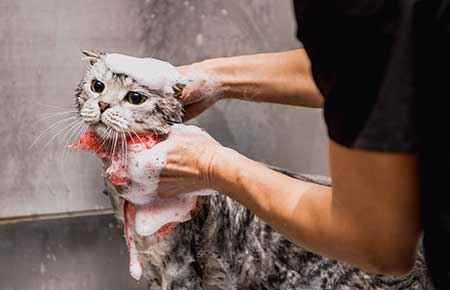 Pet Grooming
Pet Grooming
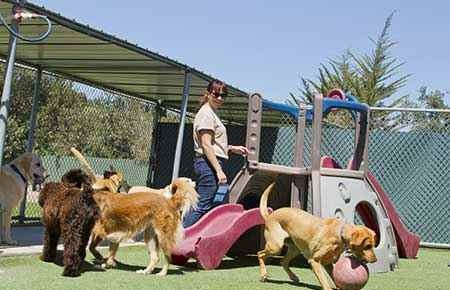 Animal Caretaker
Animal Caretaker
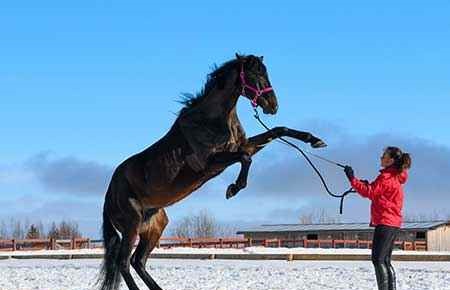 Equestrian Behaviorist
Equestrian Behaviorist
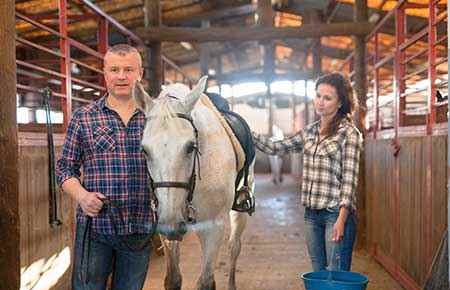 Barn / Stable Manager
Barn / Stable Manager
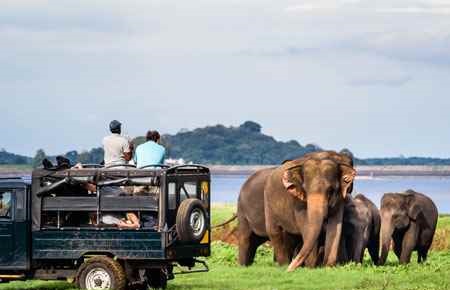 Animal Trainer
Animal Trainer
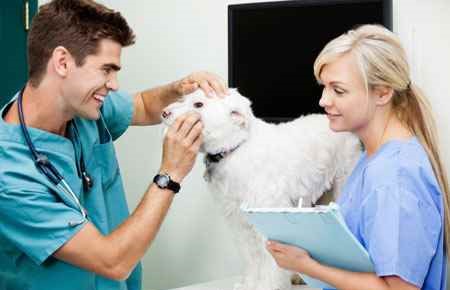 Animal Hydrotherapist
Animal Hydrotherapist
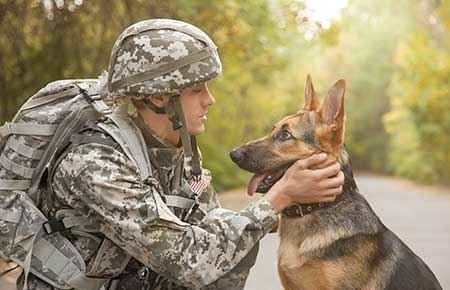 Military Animal Care Specialist
Military Animal Care Specialist
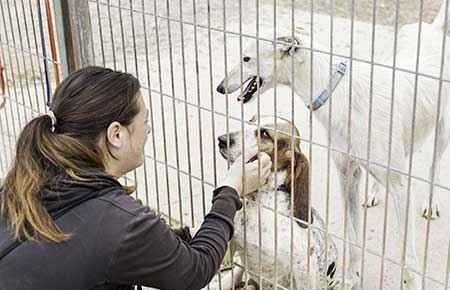 Animal Rescue Organization Staff
Animal Rescue Organization Staff
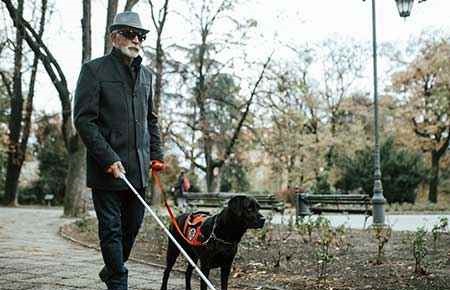 Support Animal Organization Staff
Support Animal Organization Staff
 Animal Assisted Therapist
Animal Assisted Therapist
 Animal Behaviorist
Animal Behaviorist
 Wildlife Officer
Wildlife Officer
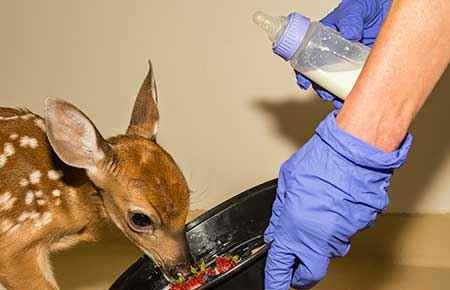 Wildlife Shelter and Rehabilitation Staff
Wildlife Shelter and Rehabilitation Staff
 Research Laboratory Animal Care Technician
Research Laboratory Animal Care Technician
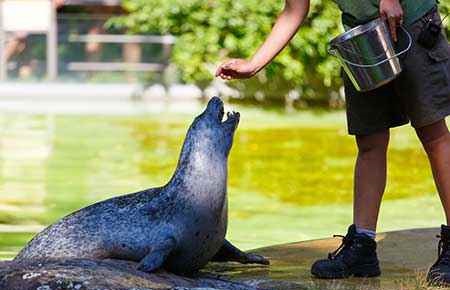 Zoo and Aquarium Staff
Zoo and Aquarium Staff
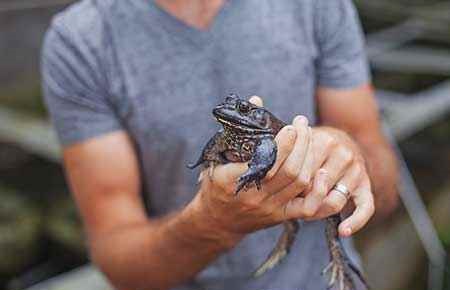 Zoologist
Zoologist
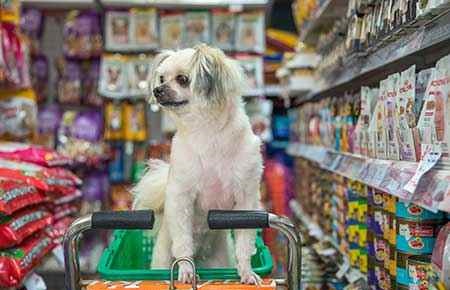 Pet Product and Supply Industry Company Staff
Pet Product and Supply Industry Company Staff
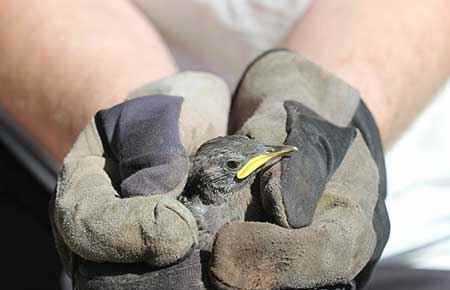 Ornithologist
Ornithologist
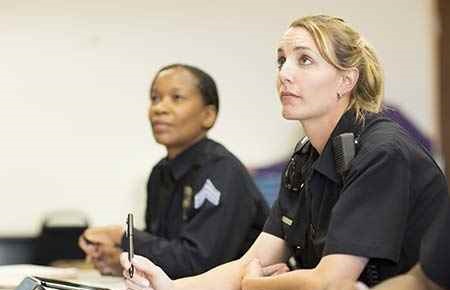 Humane Law Enforcement Officer
Humane Law Enforcement Officer
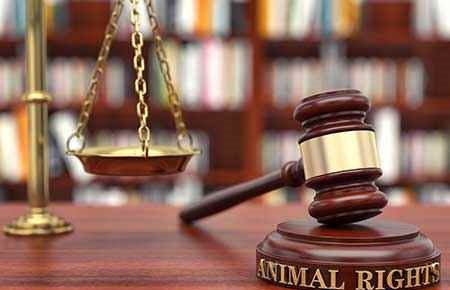 Animal Lawyer
Animal Lawyer
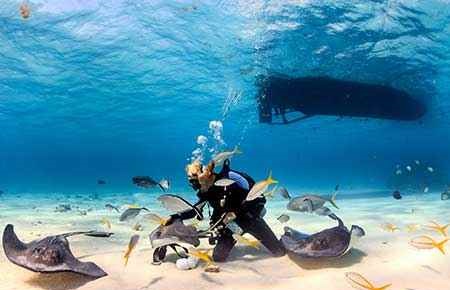 Marine Biologist
Marine Biologist
 Veternarian
Veternarian
 Veterinary Assistant / Technologist
Veterinary Assistant / Technologist
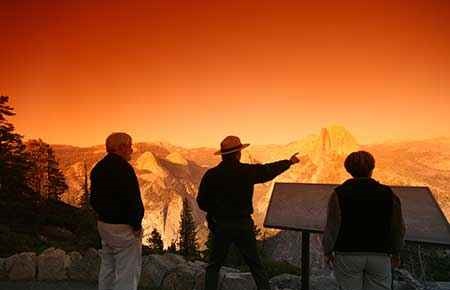 Park Ranger
Park Ranger
 Veterinary Pharmaceutical Sales Representative
Veterinary Pharmaceutical Sales Representative
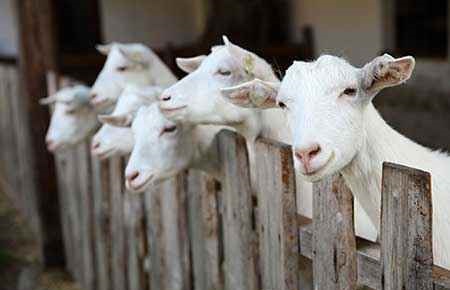 Animal Breeder
Animal Breeder
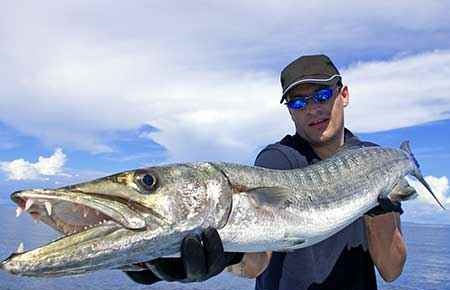 Fish and Game Officer
Fish and Game Officer
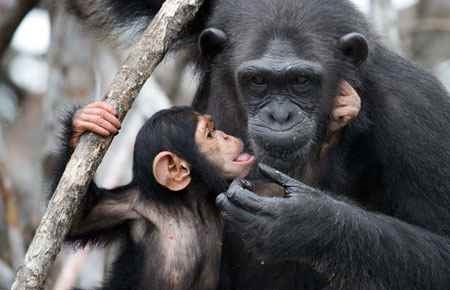 Animal Systems
Animal Systems
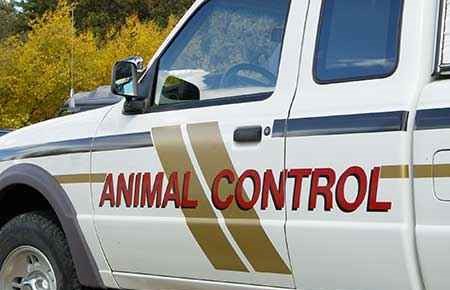 Animal Control Officer
Animal Control Officer
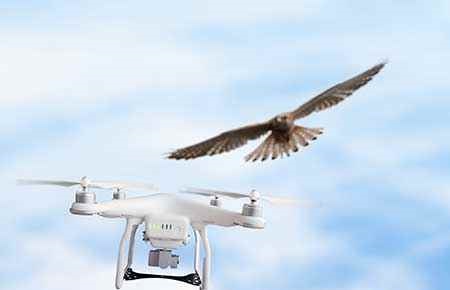 Wildlife Wrangler for Film Industry
Wildlife Wrangler for Film Industry
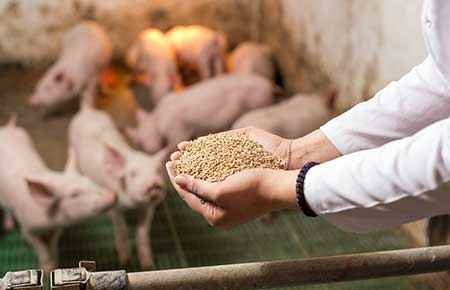 Animal Nutritionist
Animal Nutritionist
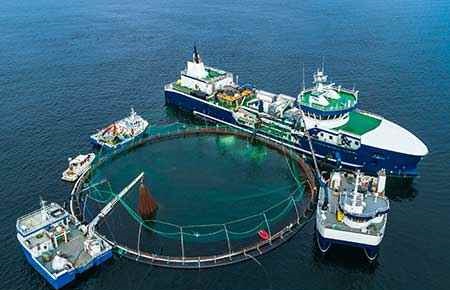 Aquaculture / Fish Farming
Aquaculture / Fish Farming
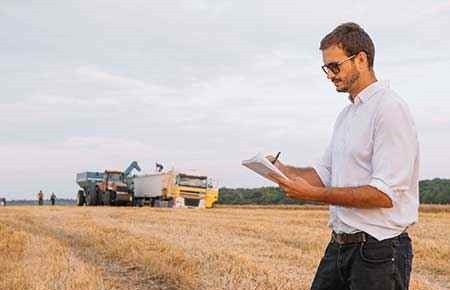 Writer for Publications in Animal / Agriculture Industry
Writer for Publications in Animal / Agriculture Industry
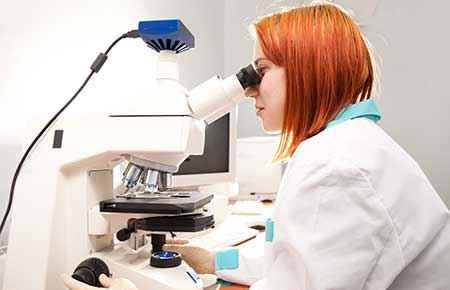 Animal Science Research
Animal Science Research
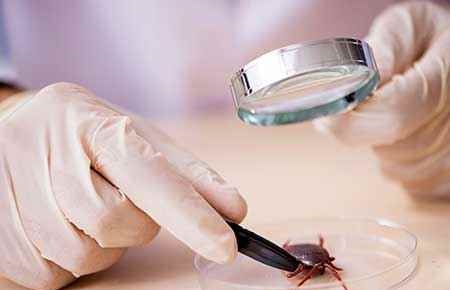 Entomologist
Entomologist
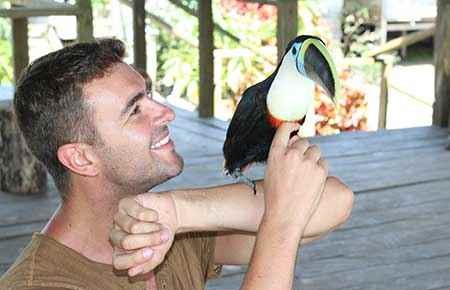 Avian Zoologist
Avian Zoologist
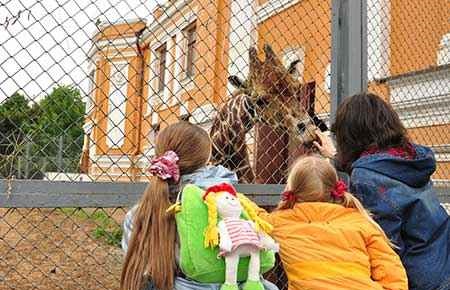 Humane Educator
Humane Educator
 Conservation Biologist
Conservation Biologist
 Government Agency Staff USDA
Government Agency Staff USDA
